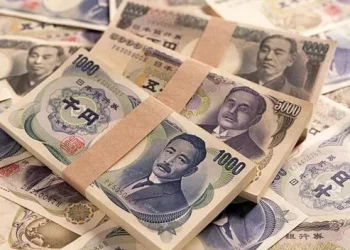Objectives: 1. To promote the balance of payments or improve the balance of payments will bring significant negative impact to a country’s economy in the long run. Maintaining the balance of payments is one of the basic objectives of the government.
Governments can adjust their balance of payments in a variety of ways, but other adjustments can be costly for developing countries.
2. Stabilization and suppression Frequent and large fluctuations in inflation can seriously impede a country’s foreign trade and international lending activities.
For developing countries that lack it, controls are an important means of stabilizing the exchange rate of their own currencies against foreign currencies.
3. Prevent capital flight or large-scale speculative capital flow and maintain the stability of the country’s financial market. Countries with weak economic strength have a lot of defects for speculative capital utilization.
4. Increase the country’s international reserves Any country needs to hold a certain amount of international reserve assets.
There are a number of ways that countries with insufficient international reserves can increase their international reserves, but most of these measures will take a long time to achieve significant results.
Exchange controls help the government achieve its goal of increasing international reserves.
5. Effective use of foreign exchange funds, promote priority development of key industries foreign exchange control so that the government has greater control over the use of foreign exchange.
The government can use it to restrict imports of certain goods to protect the country’s corresponding infant industries;
Or provide foreign exchange to certain industries to foster priority development of key industries.
6. Enhance the international competitiveness of the country’s products If the country’s enterprises are not able to ensure the international competitiveness of their products, the government may resort to exchange control to explore foreign markets for the enterprises.
7. Enhance financial security Financial security refers to the ability of a country to resist internal and external financial risks and external shocks under the condition of financial internationalization.
The low level of economic development and structural shortcomings of developing countries necessitated exchange controls as a means of enhancing their financial security.


























